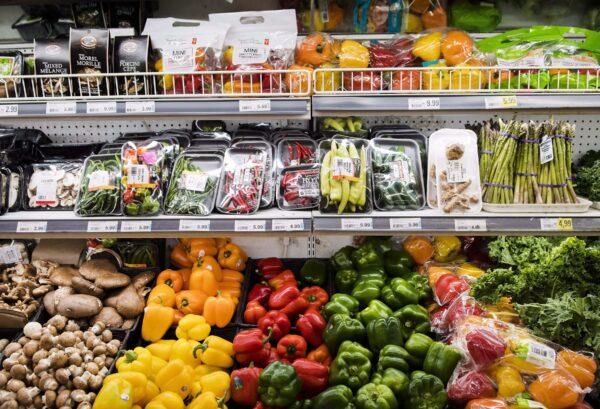The rising cost of food has many Canadians looking for ways to make their money stretch further in 2024, a new report shows.
The end of year report from the Agri-Food Analytics Lab at Dalhousie University found that 80.3 percent of Canadians expect food prices to rise in 2024—and that will encourage many households to find new ways to save money.





